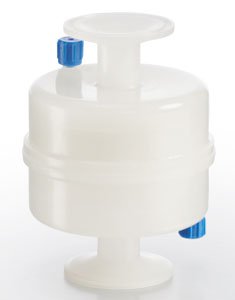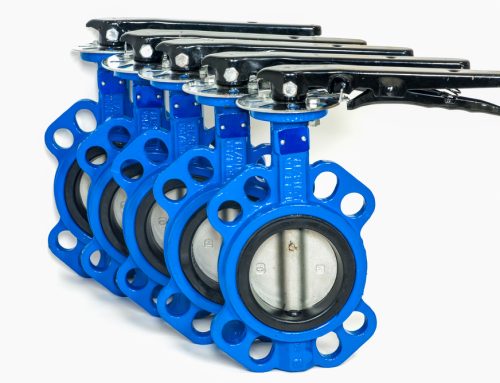Microglass media, or microglass filter media, is a highly specialized form of filtration material predominantly used in various industrial and scientific applications to ensure the purity and quality of fluids. This type of filter media is manufactured from ultra-fine glass fibers bonded together to form a porous structure capable of capturing very small particles with high efficiency.

Understanding Microglass Media and Micro-Fiberglass Filters
In order to understand how microglass and micro-fiberglass work, we’re going to break the subject down into its components:
Composition and Manufacture
Microglass media is made from borosilicate glass fibers. These fibers are extremely fine, often only a few microns in diameter, and are randomly oriented and bonded together to form a mat. The glass used is resistant to chemical and thermal degradation, which makes microglass media suitable for harsh environments and a variety of chemical processes.
Properties
The key properties of microglass media include:
- High Filtration Efficiency: Microglass media can filter out particulates as small as 0.3 microns, making it effective at removing fine particulate matter from air and liquids.
- High Dirt Holding Capacity: Due to its dense, layered structure, microglass media can hold a significant amount of particulate matter without a substantial loss of flow rate or increase in pressure drop.
- Temperature and Chemical Resistance: The inherent properties of borosilicate glass ensure that the media can withstand high temperatures and resist corrosive chemicals.
- Low Media Migration: The fibers in microglass media are bonded together, which minimizes the risk of media particles detaching and contaminating the filtered substance.
What Applications Feature Microglass?
Microglass media is used in a variety of critical applications across different industries:
- Hydraulic Systems: It is commonly used in hydraulic filters to protect sensitive hydraulic components from contamination.
- HVAC Systems: High-efficiency particulate air (HEPA) filters made from microglass media are used in HVAC systems to ensure clean indoor air quality by trapping airborne particles.
- Pharmaceutical Manufacturing: In pharmaceutical production, microglass filters are used to ensure the sterility and purity of products, particularly in aseptic processing.
- Automotive: Microglass media is used in automotive oil and fuel filters to ensure engines and other components are free from contaminants that could potentially lead to wear and damage.
- Water Purification: It is used in water treatment plants and in industrial water filtration systems to remove impurities and contaminants from water.
Advantages Over Other Media
Compared to other filtration media like cellulose or synthetic materials, microglass media offers superior filtration efficiency and durability under extreme conditions. This makes it an ideal choice for applications where reliability and performance are critical.
The Bottom Line On Microglass Filters
Microglass media sets a high bar in filtration technology, providing terrific efficiency and reliability in capturing minute particulates across a broad spectrum of industries. Its development reflects a commitment to advancing public health, environmental stewardship, and industrial productivity through superior technology.
For businesses and industries that depend on clean, uncontaminated air and liquids, investing in microglass media technology is a prudent choice that aligns with stringent operational and regulatory demands. Contact Advanced Filtration with questions and to discuss your project!







